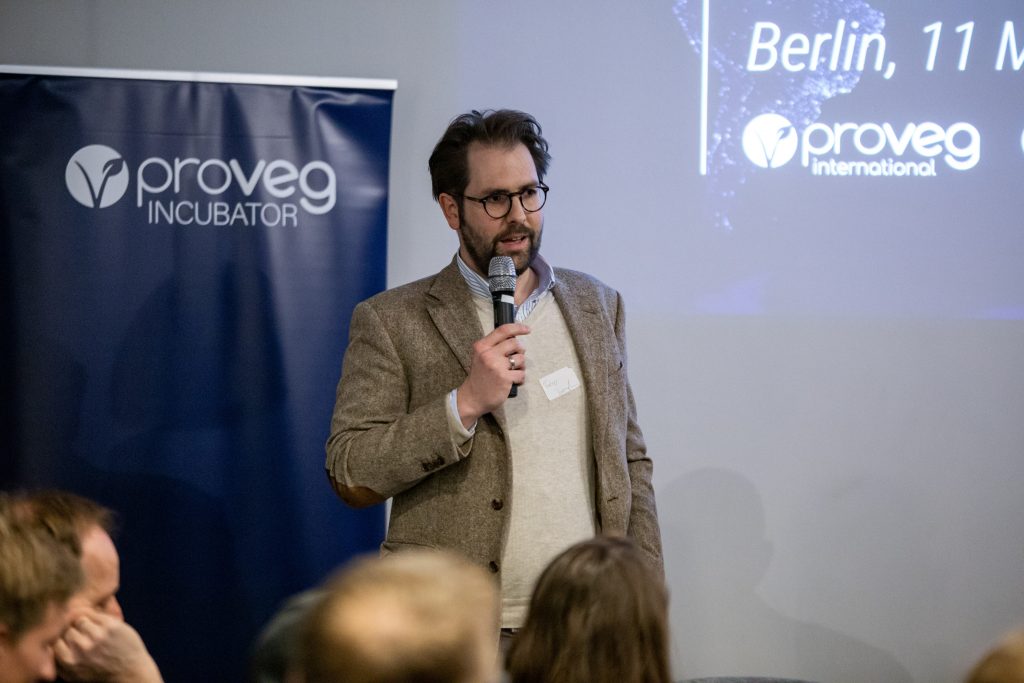Why should a startup consider joining an incubator programme?
Frank Cordesmeyer: An incubator programme provides startups with access to various benefits, such as exposure to industry leaders, networking opportunities, mentorships, and access to funding. Most incubators have a unique selling point. However, they also usually have a similar aim. To provide founders with the necessary resources and skills needed for fast and effective growth.
Fabio Ziemssen: Incubator programmes have several advantages. The ones that I consider most valuable are mentorship, peer-to-peer learning from other startups, a structured environment and curriculum, and access to a great network.
David Benzaquen: Joining an accelerator or incubator is an invaluable tool for an early-stage food company, in many senses – but mostly to connect with like-minded entrepreneurs, learn from industry experts, and meet with aligned investors who will support your journey.
Gary Brenner: When you meet up with startups, you’ll find very, very intelligent people with very interesting and groundbreaking ideas or concepts. However, the process of creating their products (specifically in food technology) is tricky. Many of those entrepreneurs haven’t taken into consideration several key success factors for turning the idea into a real business. These key factors can be on several levels. For instance, regulatory or safety issues regarding ingredients, technological production issues, or how to make products for a global market.
Also, at the end of the day, your product has to be palatable and it can’t be too expensive. Incubators should support founders to hit these important benchmarks. Why? To help to ensure that the startups don’t face major barriers when they take their products to market.
Finally, incubators also play a big role in supporting startups with their management skills. Not every entrepreneur has the skills to turn their inventions into a business and incubators should be supporting this process.
What are the main areas in which a startup can benefit from an incubator programme?
Frank Cordesmeyer: In my opinion, there are three areas in which startups benefit most from incubator programmes:
Providing structure in order to maintain a business focus: when you arrive at an incubator, the infrastructure you need to run your business is already in place. This will allow your startup to focus solely on the core business needs! Without spending time on other technical parts of the business.
Mentorship: by working with a mentor, your startup will gain practical advice, encouragement, support, and the ability to receive critical advice.
Network: in an incubator, your startup will have the opportunity to meet and exchange ideas with potential strategic partners, venture capitalists, and like-minded entrepreneurs.
Fabio Ziemssen: Essentially, all areas of a startup will benefit from an incubator programme. I would emphasise the administrative responsibilities, which are normally covered by incubators, which gives the startups more time for development.
Also, the expertise and network that an incubator provides. By joining an incubator, you’ll be building connections with venture capitalists, which is essential. But also gaining expertise in product development, and acquiring know-how about company building.
David Benzaquen: In my opinion, the biggest benefit of joining an accelerator is sharpening how the startup presents their product or company to the external parties who are essential to your success. This includes investors, of course, but also buyers, consumers, distributors, manufacturing partners, and others.



